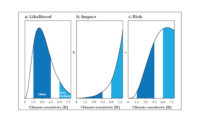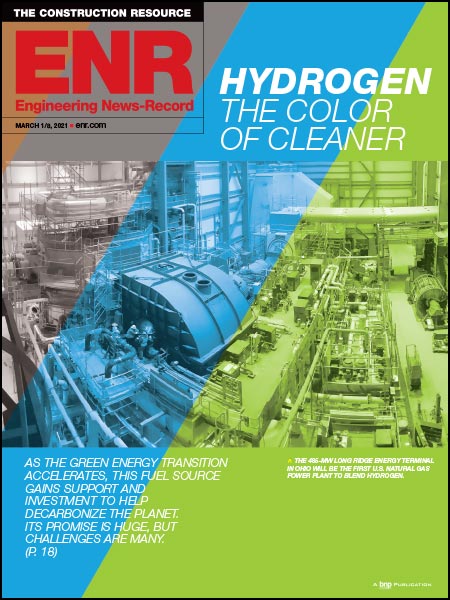Growing evidence not only suggests the climate is rapidly changing, but that extensive burning of fossil fuels is the primary culprit, according to the draft third National Climate Assessment, authored by more than 200 scientists, in addition to representatives from government and business.
"While some changes will bring potential benefits, such as longer growing seasons, many will be disruptive to society because our institutions and infrastructure have been designed for the relatively stable climate of the past," the assessment reads.
While the 1,146-page study doesn't include policy recommendations, it indicates “the amount of climate change will largely be determined by choices society makes about [carbon dioxide] emissions.” It also indicates that current policies and practices are not consistent with significant reductions in emissions.
Under varying scenarios, including ones characterized by high and low emissions, the report predicts average temperatures could rise from 4 degrees to 11 degrees F by the end of the century. By comparison, the average temperature has increased by about 1.5 degrees since 1895, with the majority of the increase occuring in the past 30 years, the study reports.
As temperatures rise, Midwesterners can expect more frequent flooding, drought and late-spring freezes. Consequences could be dire, according to the report, which indicates that extreme flooding would likely result in increased erosion, decreased water quality and deteriorating infrastructure.
Because the Midwest consumes more energy than other regions, its per-capita greenhouse gas emissions are about 20% higher than the national average. As a result, the region holds significant potential to reduce carbon-dioxide emissions in coming years, according to the study.
The National Climate Assessment is issued every four years, with related activities overseen by a federal advisory panel.



